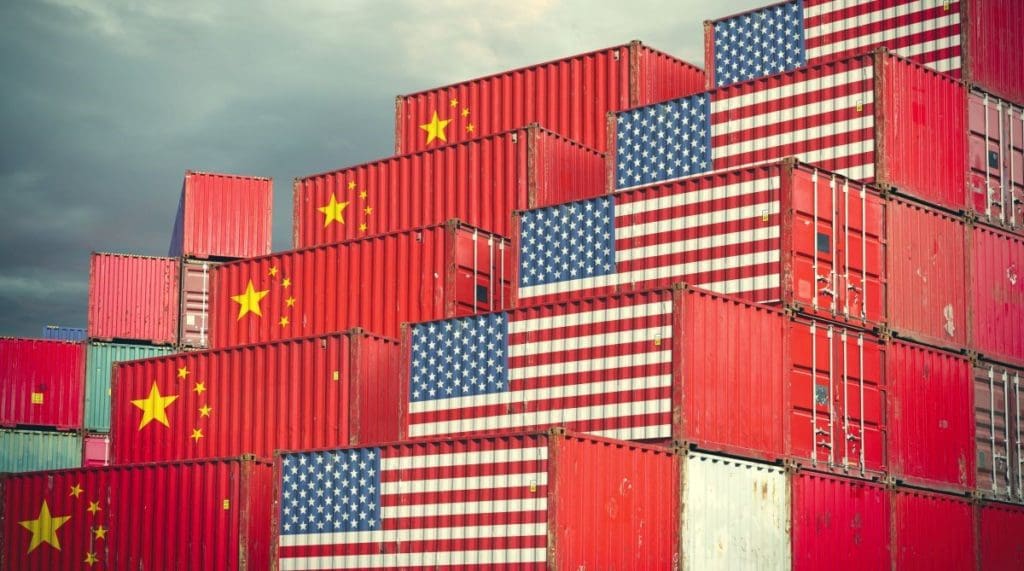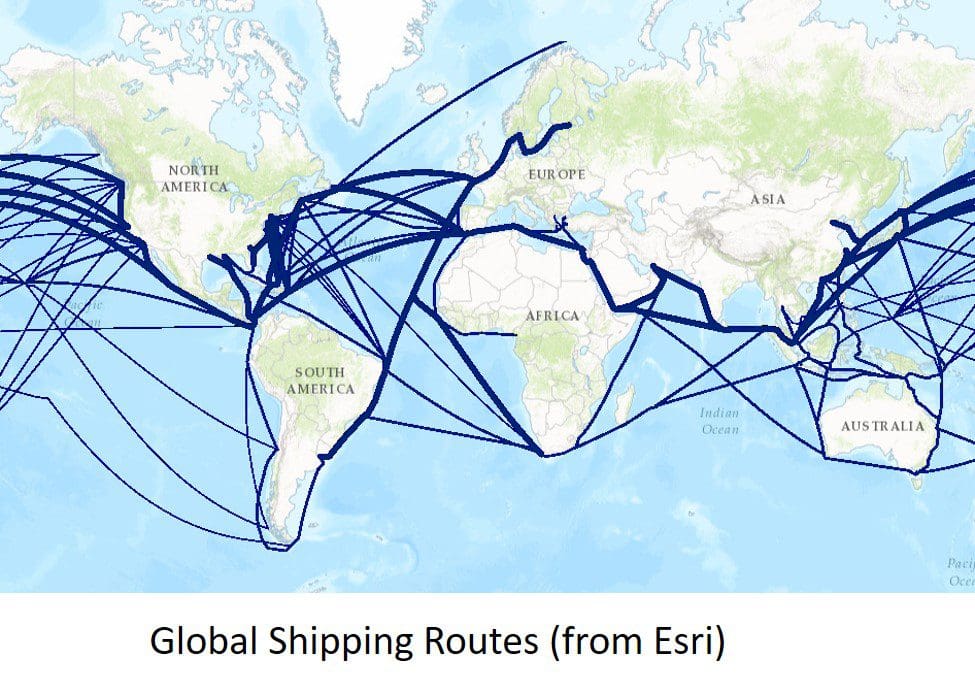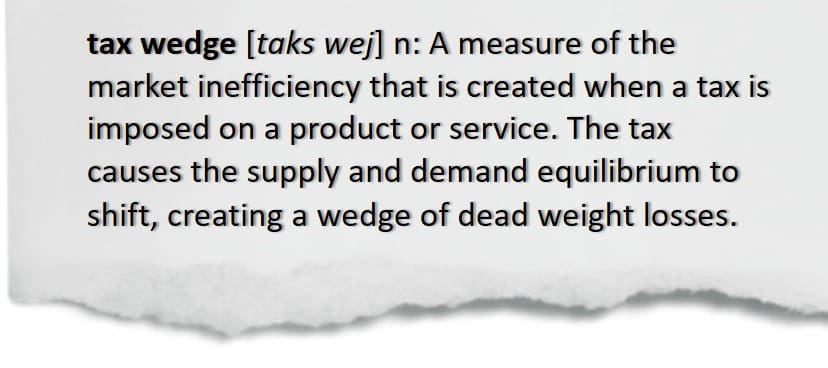What is the return on investment (ROI) associated with trade compliance? If compliance is understood as the chance that company might have to pay a hefty fine for noncompliance, then statistically, there is no ROI associated with compliance. You might think that would make it tough to sell this type of software. You’d be wrong.

Almost no one must pay penalties for noncompliance in trade. Let’s take the example of global trade compliance (GTC) solutions support communications with international government authorities regarding: Duties, tariffs, and preferential treatment requirements placed by governments on international trade and commerce; And, non-financial trade regulations issues, such as restricted parties, government licensing of export rights for controlled items, and other regulations.
Let’s use the example of US fines and penalties for noncompliance to export/import rules. Office of Foreign Asset Control (OFAC) penalties in 2019 totaled 13.4 million dollars. That does not seem like very much.
Now compare those fines to trade in goods. In 2018 global trade in goods between the US and the rest of the world was $4207 billion. Penalties, as a percentage of total trade in goods, is vanishingly small. A person has a better chance of getting hit by lightning than a company has of paying an OFAC fine.
Well you could argue, what about the damage to a company’s reputation? Well let’s look at the companies that were fined, they included GE, PACCAR, Haverly Systems, Stanley Black and Decker, ZAG IP, AppliChem (acquired by Illinois Tool, and e.l.f. Cosmetics. Do you remember reading about any of these firms getting fined for breaking export/import rules? I know I did not, and I’m a regular reader of financial news.
You could also argue that there would be ROI associated with emergency shipments, product delays, stock-outs, demurrage fees, additional warehousing costs due to containers being flagged and inspected at a point of entry. Beth Pride, President of BPE, begs to differ. BPE does consulting focused on trade compliance and Ms. Pride is an acknowledged expert in this area. She had previously worked with three software vendors producing global trade compliance software. When working for those software companies, she worked hard to build this business case. “That argument,” she said, “never flew.”
ROI Buckets from Trade Compliance Systems
But does GTC have a ROI associated with other benefit buckets? Certainly GTC software can help companies meet trade requirements with fewer people. The software, in combination with other solutions, can play a role in getting lower tariffs by helping companies make more intelligent sourcing and product assembly decisions. Further, by storing certain types of goods in bonded warehouses, companies can delay paying tariffs.
I’m kicking off ARC’s annual market study on the global trade compliance market. Last year my colleague Clint Reiser did the study. Because I viewed this as a compliance solution, I was surprised at how high Clint’s forecast for this market was. The ROI associated with global trade compliance software is something I want to dig into more deeply.




















